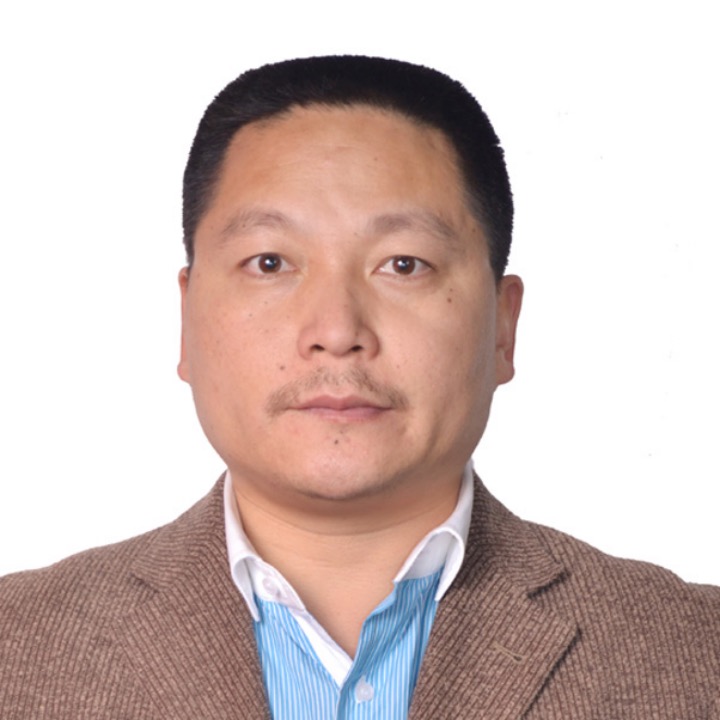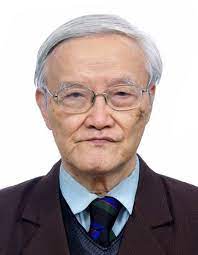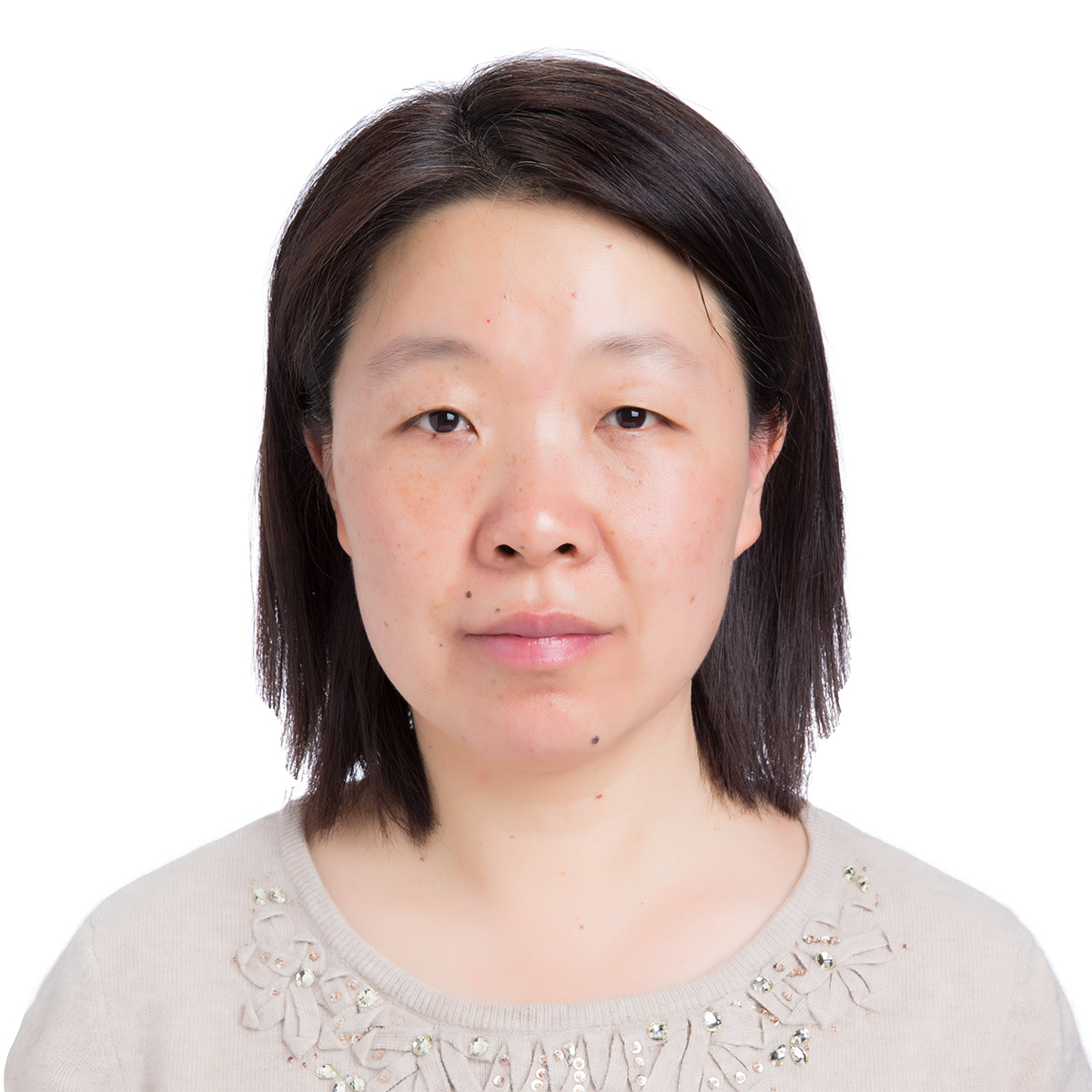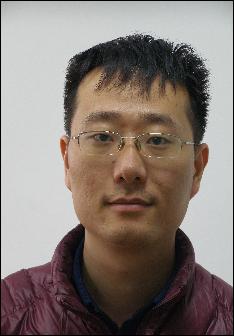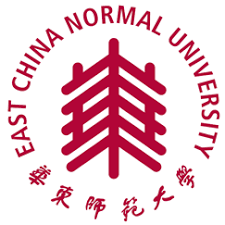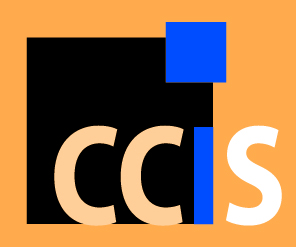Title: Temporal Cohort Logic
Guo-Qiang Zhang
Co-director for the Texas Institute for Restorative Neurotechnologies and UTHealth's Vice President and Chief Data Scientist
University of Texas,
Houston, Texas, USA
Bio:Guo-Qiang ("GQ") Zhang is Professor of Medicine, Biomedical Informatics,
and Public Health in the University of Texas Health Science Center at Houston (UTHealth Houston), Houston, Texas, USA.
He serves as Co-director for the Texas Institute for Restorative Neurotechnologies and UTHealth's Vice President and Chief Data Scientist.
Before joining UTHealth, he served as the inaugural director of the Institute for Biomedical Informatics,
chief of the Division of Biomedical Informatics, and associate director of the Center for Clinical and Translational Science at the University of Kentucky.
He spent prior years as a professor in the Case School of Engineering
and School of Medicine at Case Western Reserve University, where he created its Division of Biomedical Informatics in the School of Medicine.
GQ Zhang received his Ph.D. in Computer Science from Cambridge University. His research spans data science,
biomedical ontology development and quality assurance, clinical and research informatics, and agile,
interface-driven, access-control-grounded software development.
During the last decade, he led a research group that has developed production-strength, informatics tools for data capturing,
data management, cohort discovery, and clinical decision support, resulting in over 200 scientific publications
and multiple awards across the National Institutes of Health (NIH) institutes and the National Science Foundation (NSF).
Abstract:We introduce a new logic, called Temporal Cohort Logic (TCL),
for cohort specification and discovery in clinical and population health research.
TCL is created to fill a conceptual gap in formalizing temporal reasoning in biomedicine,
in a similar role that temporal logics play for computer science and its applications.
We provide formal syntax and semantics for TCL and illustrate the various logical constructs
using examples related to human health. We then demonstrate possible further developments along
the standard lines of logical enquiry about logical implication and equivalence, proof systems,
soundness, completeness, expressiveness, decidability and computational complexity. Relationships
and distinctions with existing temporal logic frameworks are discussed. Applications in electronic
health record (EHR) and in neurophysiological data resource are provided.
Our approach differs from existing temporal logics, in that we explicitly capture Allen's interval
algebra as modal operators in a language of temporal logic (rather than addressing it purely
in the semantic space). This has two major implications. First, it provides a formal logical
framework for reasoning about time in biomedicine, allowing general (i.e., higher levels of abstraction)
investigation into the properties of this framework independent of a specific query language
or a database system. Second, it puts our approach in the context of logical developments
in computer science (from the 70's to date), allowing the translation of existing results into
the setting of TCL and its variants or subsystems so as to illuminate the opportunities and
computational challenges involved in temporal reasoning for biomedicine.


